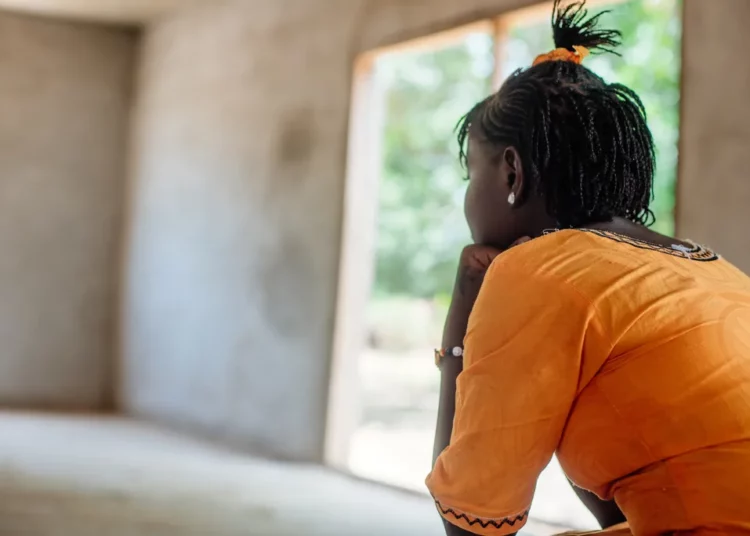Plan International Nigeria, in partnership with the House of Representatives Committees on Women Affairs and Basic Education Services, has called for justice to address gender-based violence (GBV) and other forms of violence affecting girls in schools.
The event, an intergenerational platform, aimed to encourage meaningful engagement between policymakers and rights holders, including girls, young women, women, and marginalized groups. It focused on tackling GBV and its impact on both formal and informal education systems.
At the Legislative and Policy Roundtable Dialogue on GBV in Education held yesterday in Abuja yesterday, the Advocacy and Youth Programme Officer at Plan International Nigeria, Jonathan Abakpa reaffirmed the organization’s commitment to raising awareness and engaging communities in the fight against GBV.
The event, organized by Plan International Nigeria, Girls Get Equal Nigeria, and the EU Youth Sounding Board, in partnership with the House of Representatives Committees on Women Affairs and Basic Education Services, was held under the theme “Creating Safe and Equitable Educational Environments for All.”
Abakpa painted a grim picture of the situation in Nigerian schools: “One in every three girls experiences some form of violence. Over 13 million students in Nigeria are subjected to violence, whether from teachers or classmates.”
He cited a UNICEF report revealing that “7 million girls face violence from teachers or classmates, while 6 million boys encounter similar challenges. These statistics are based only on formal education settings, and the situation in the informal sector, where data is lacking, is equally alarming.”
Abakpa emphasized the urgency of addressing these issues, noting that Nigeria’s educational system is at a critical crossroads. He highlighted ongoing legislative efforts such as the repeal and re-enactment of the Violence Against Persons (Prohibition) Act (VAPP) and the Sexual Harassment Bill, which is currently before the Senate for passage.
“It is essential that we engage in these conversations,” Abakpa said. “Every day, there are cases of extortion, abuse, and violence in schools. If this persists, the already staggering number of 18.3 million out-of-school children will likely increase.”
He called for stronger policies, legislative action, and increased budgetary allocation to address these issues: “Amending and re-enacting policies is not enough. We need financial commitment to enforce safe school environments for girls and children.”
Abakpa also raised concerns about constitutional provisions that appear to condone child marriage: “The Nigerian constitution states that once a girl is married, she is considered an adult, which contradicts the Child Rights Act that criminalizes marriage under the age of 18. This contradiction must be addressed to protect children.”
Plan International is advocating for increased funding for education in the 2025 appropriation bill and the implementation of policies that ensure the safety and protection of students. Abakpa stressed the need for capacity-building among officers responsible for enforcing these laws to ensure their effective implementation.
Adokayi Odila, National Coordinator of Girls Get Equal, emphasized that awareness-raising is only the first step and called for sustained action:
“Each of us has a role to play in ending gender-based violence. By working together, we can create a protective environment for women and girls, allowing them to live safely and freely, without fear of harm. Through unity, education, and action, we can make meaningful progress.”
Odila urged governments, civil society organizations, and individuals to collaborate to create lasting change, support survivors, and build a safer and more equitable future for women and girls.











